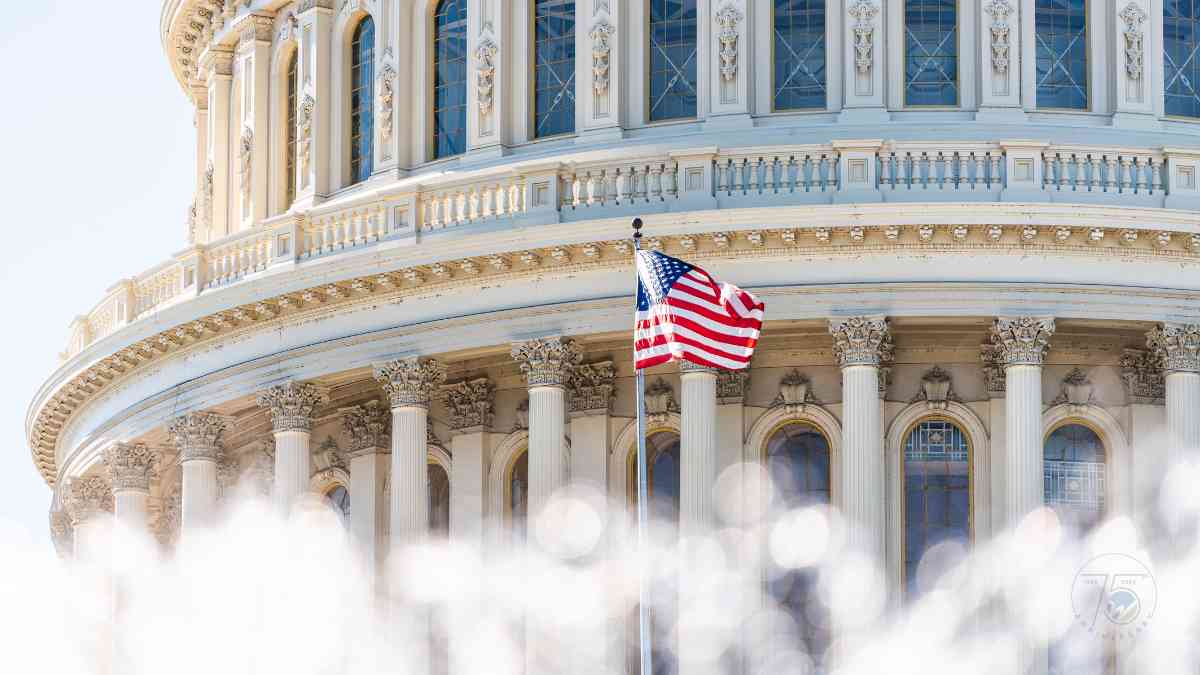On August 8, President Trump issued one executive order and three memorandums with the goal of offering relief to Americans due to Coronavirus. One of the memorandums called for a temporary payroll tax deferral for employees. This proposal would stop the collection of employees’ Social Security payroll tax (6.2%) from September 1 to December 31, 2020 for employees making under $104,000 per year; it would not stop the collection of employees’ Medicare payroll tax (1.45%) for the same time period.
The current proposal is a tax deferral, not a tax cut. Will the money have to be paid back? That’s unclear. In order to not be paid back, Congress would need to authorize those taxes to be forgiven. If the forgiveness did not pass in Congress, taxes would likely need to be repaid starting in January 2021, which could mean double withdrawal of taxes required for employees at that time.
In the meantime, employers and payroll processors are left waiting for guidance to be issued from the IRS and Treasury Department on how to handle the payroll tax deferral. Based on current information, the deferral is optional to employers and the safest bet may be to continue business as usual until official guidance is issued.
Wegner CPAs will update as guidance is received, which is expected soon in order to plan for a September 1 start date.
Stay tuned
Join our email list to receive updates as they are available.




